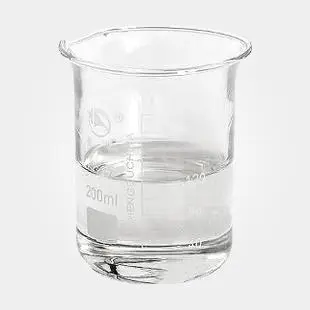Isopropanol is a widely used industrial solvent, and its raw materials are mainly derived from fossil fuels. The most common raw materials are n-butane and ethylene, which are derived from crude oil. In addition, isopropanol can also be synthesized from propylene, an intermediate product of ethylene.
The production process of isopropanol is complex, and the raw materials need to undergo a series of chemical reactions and purification steps to obtain the desired product. In general, the production process includes dehydrogenation, oxidation, hydrogenation, separation and purification, etc.
First, the n-butane or ethylene is dehydrogenated to obtain propylene. Then, propylene is oxidized to obtain acetone. Acetone is then hydrogenated to obtain isopropanol. Finally, isopropanol needs to undergo separation and purification steps to obtain high purity product.
In addition, isopropanol can also be synthesized from other raw materials, such as sugar and biomass. However, these raw materials are not widely used due to their low yield and high cost.
The raw materials for isopropanol production are mainly derived from fossil fuels, which not only consume non-renewable resources but also cause environmental problems. Therefore, it is necessary to develop new raw materials and production processes to reduce the use of fossil fuels and environmental pollution. At present, some researchers have begun to explore the use of renewable resources (biomass) as raw materials for isopropanol production, which may provide new ways for the sustainable development of isopropanol industry.
Post time: Jan-10-2024





